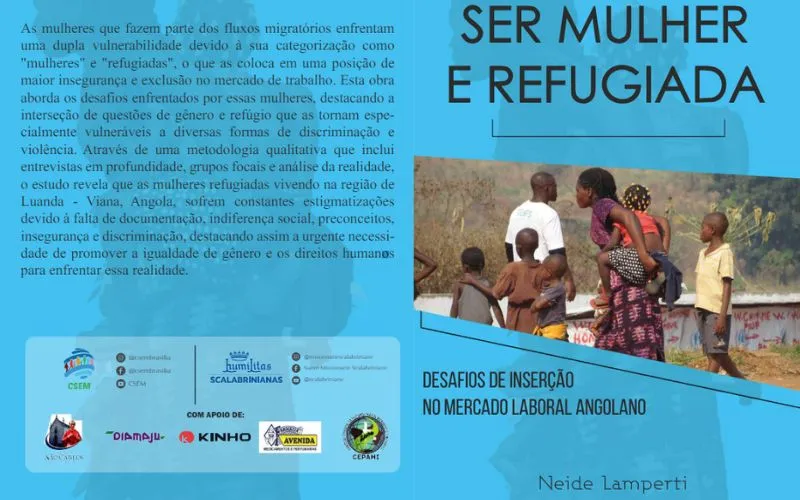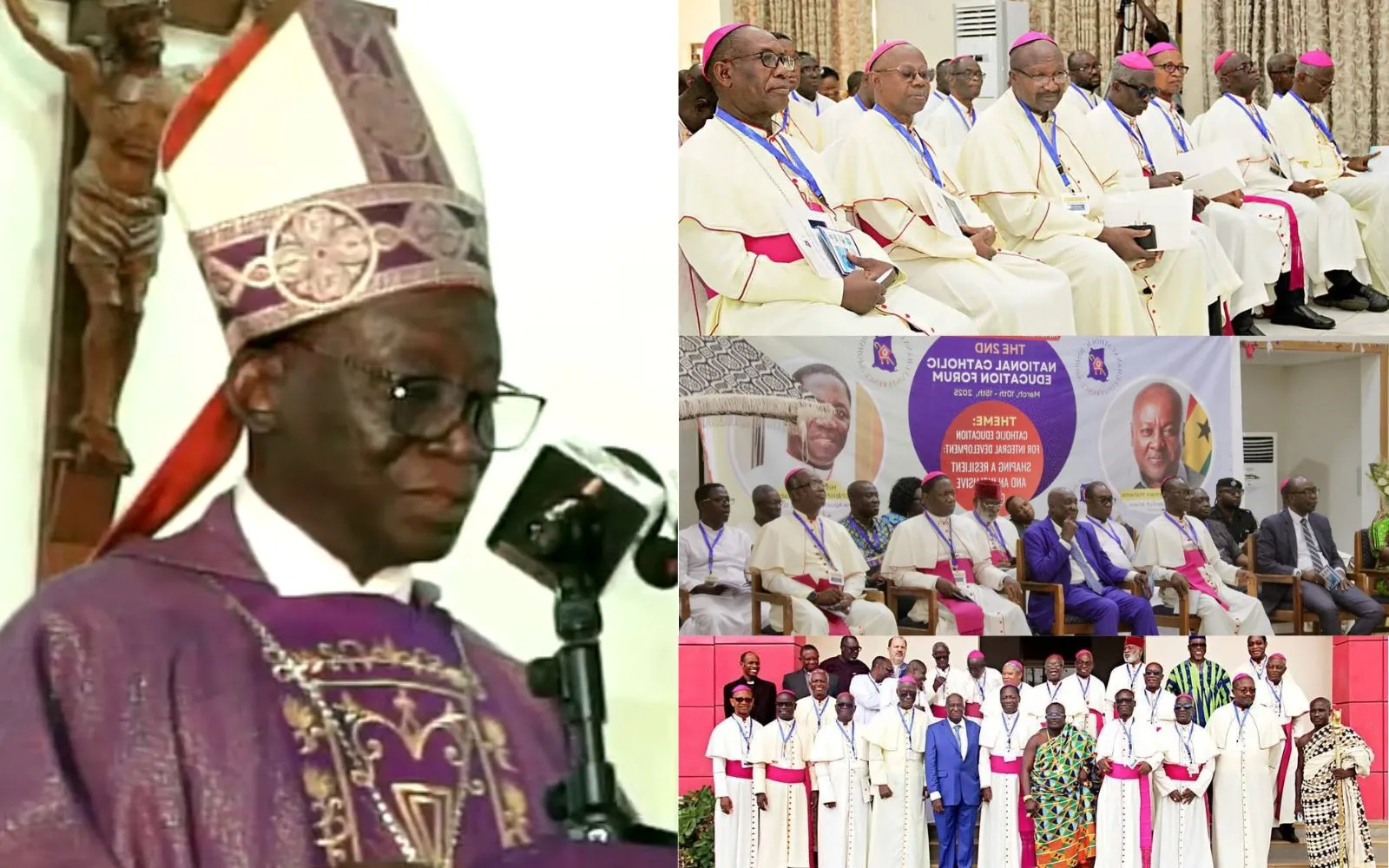Luanda, 23 May, 2024 / 9:28 pm (ACI Africa).
In a new book, a Brazilian-born Catholic nun has discussed the challenges that refugee women in Angola face, including the phenomenon of brain drain in the Southern African nation.
Published under the title, “Being a Refugee Woman, Challenges of Insertion into the Angolan Labor Market”, the 240-page book is a fruit of 11 years of service among refugees in Angola, Sr. Neide Lamperti, the author, told ACI Africa, recalling the years she served as Executive Secretary of the Episcopal Commission for the Pastoral Care of Migrants and Itinerant People in Angola and São Tomé (CEPAMI).
“It's a publication that talks about women's lives,” she said during the Wednesday, May 22 interview, and emphasized, “These are real women's stories; they are stories of women who have crossed borders, fleeing wars in various African countries.”
The member of the Congregation of the Missionary Sisters of Saint Charles Borromeo (Scalabrinians) recalled the challenges of women, saying, “During these 11 years, I could see that the women were unable to evolve in their state of life. They continued in the same social line, in the same difficulty, and through research, I tried to find out what was going on with these women,”
“I discovered that being a woman is already a difficulty on the African continent due to cultural issues, social issues and other issues, and being a migrant or a refugee is a double victimization of women,” Sr. Lamperti said, highlighting some of the book content that is based on interviews she conducted with women of six African nationalities.








